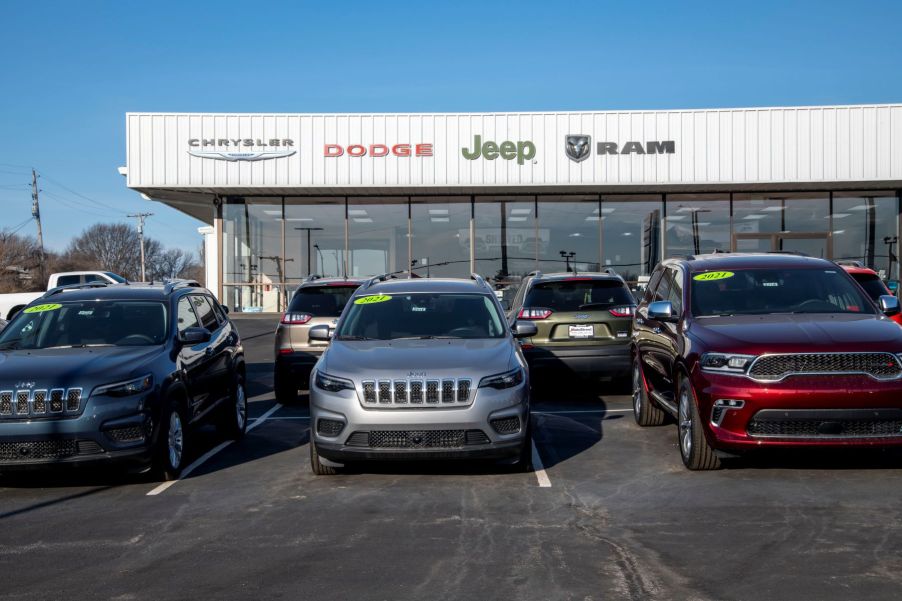
Buying a New Car? Here’s What You Need to Know About Dealer Options
When you’re in the process of car shopping, you have several factors to consider. You need to think about the make and model you want to drive, along with the body style. You also have to consider what interior and exterior features you want to be included. However, have you factored dealer options into your decision-making process?
What are dealer-added options?

There are three different types of dealer options. These options are added to the price of the car to increase its price. The first is factory-installed. They are installed at the factory before the vehicle makes it to the dealer’s lot.
Then, you have port-installed, which are added on cars imported from overseas. They are installed as the vehicle arrives at its port of entry. Finally, you have dealer-installed options. The dealer installs these after the car arrives at the dealership.
Is there a difference between factory options and dealer-installed options?
Yes, there is a difference between these options. The manufacturer approves factory-installed options. These car options are displayed on the window sticker. It’s mandatory for all new vehicles, but the manufacturer’s warranty covers them. These prices will not vary.
Dealer-installed options do not need to be approved by the manufacturer. That means they are not included in the warranties or listed on the new-car window sticker. These prices may vary from dealer to dealer, so it’s important to shop around for the best deal possible.
Cars.com says to avoid these options
According to Cars, “Some dealer-installed options can add value even if you want to debate the pricing; others seem to have little justification for average buyers or can be obtained at a better price elsewhere.” Below are some of the latter:
- Rustproofing – Due to newer metal technology, rust treatments are not really necessary.
- Fabric or leather protection – You can probably find more affordable treatments elsewhere.
- Paint protection – Skip this add-on and make sure your car receives washes regularly.
- VIN etching – You should be able to find a DIY kit for around $40-$50. You don’t need this option.
- Nitrogen Tire Inflation – A tire shop should be able to do this for a better price. For daily commutes to the office or running errands, regular air works great.
Some supplemental stickers now include “market adjustment” or “additional dealer markup.” You won’t be getting anything additional with these markups. It’s just the extra profit the dealership is asking you to pay.
Are dealer options worth it?
Sometimes, but not usually. The main reason dealers try to add on options is to increase their sales profit. For example, paint protection is considered an option. However, automotive paint is designed to withstand harsh weather conditions. So, if you want your car paint to last, all you have to do is wash and wax it regularly.
You will want to know a little about the different types of new-car options before making any huge decisions.



